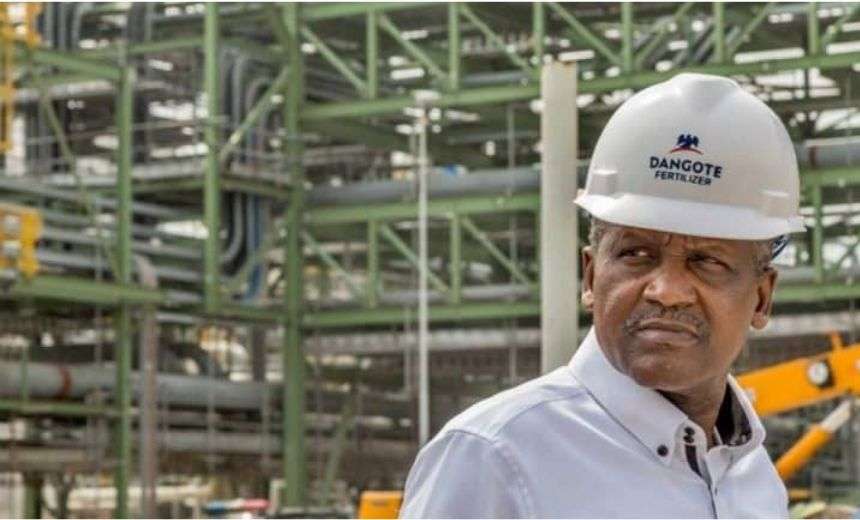Nigeria’s privately built twenty billion dollars Dangote petrochemicals refinery is facing serious business jeopardy over a bitter dispute between the refining giant and the Nigerian government
Allegations and counter allegations is now threatening the viability of the project, even as Dangote says he is unfairly targeted in the Domestic Crude Oil Supply Regulation, being implemented by the NNPCL.
In this special report, ait.live reviews the claims from both sides, distills the facts, and analyzes the various interests at play.
Africa’s top oil producer has for decades been dependent on imported refined fuel, leaving a big hole on its foreign exchange earnings and weakening its economic power.
Four local refineries have been moribund for years, and hundreds of millions of dollars for its turn around has ended up corruptly enriching a few.
Shortly before President Olusegun Obasanjo left office, he had set a framework for their privatization, as the country could no longer bear the cost of maintaining the refineries.
MUST READ:NNPCL Stake in Dangote Refinery drops to 7.2% “We Capped our Stake in Dangote Refinery”- NNPCL
But it was reversed by his successor, the late Umaru Musa Yar’dua, and the cycle of turn-around and wastages continued, Importation also continued, leaving in its trail billions of dollars in subsidy fraud.
Africa’s richest man Aliko Dangote jumped into the energy sector, with an ambitious 20 billion dollar refinery. Globally, it is ranked the 7th largest in the world with a refining capacity of 650,000 barrels of crude per day
Many had hoped that the Dangote refinery will bring an end to Nigeria’s energy woes.
But in a surprising twist, the man is now offering to sell his multibillion-dollar oil refinery to the NNPCL, as frustrations mount
The offer comes amid heated dispute with one of the key equity partners, as he alleges regulatory authorities in Nigeria continue to pose challenges for the refinery’s operations.
One of the issues is the Domestic Crude Oil Supply Regulation, which was introduced by the NNPC to regulate the supply of crude oil to local refineries. Dangote, with a $20 billion refinery in Lagos, claims that the regulation is being unfairly implemented to favor the NNPC’s own refining operations.
He alleges that the NNPC is deliberately limiting the supply of crude oil to his refinery, while prioritizing its own refineries.
He also claims that the NNPC is violating the spirit of the regulation by prioritizing its own refineries over private operators like himself.
Another point of conflict, is the revelation by Dangote that the NNPCL no longer owns 20 percent shares in his company, but 7.2 percent due to the national oil company’s refusal to meet up with terms and conditions signed in an SPA in 2022
The NNPC has countered some of Dangote’s claims. On the accusation of unfair industry regulation implementation, this was the response of the head of the Nigerian Midstream and Downstream Petroleum Regulatory Authority last week
Farouk did not stop there. He went ahead to to challenge the quality of refined products in the Dangote refinery
The Dangote group has refuted the claim, accusing the NNPCL of granting licenses to importers to bring in dirty fuel
For economists, the move to de-market the single biggest indigenous investment in the energy sector could spell serious backlash for Nigeria’s quest to attract FDI
As the faceooff intensifies, Dangote seems to be drifting towards desperation as he seeks and lobbies National Assembly members. The Speaker of the House of Representatives, Tajudeen Abbas, led a delegation to the refining plant in Lagos at the weekend
But should Dangote’s investment be protected?… and how can the NNPCL manage its interest towards its own refining operations, without undermining other dominant players
The elephant in the room is no doubt the silence of President Bola Tinubu who had appointed himself as Minister of Petroleum Resources, sending mixed messages on where he stands on issue
The Dangote vs NNPC face-off has just highlighted the strange paradox in Nigeria’s quest to solve its energy crises, with significant implications for the country’s economy.
(Editor: Paul Akhagbemhe)








